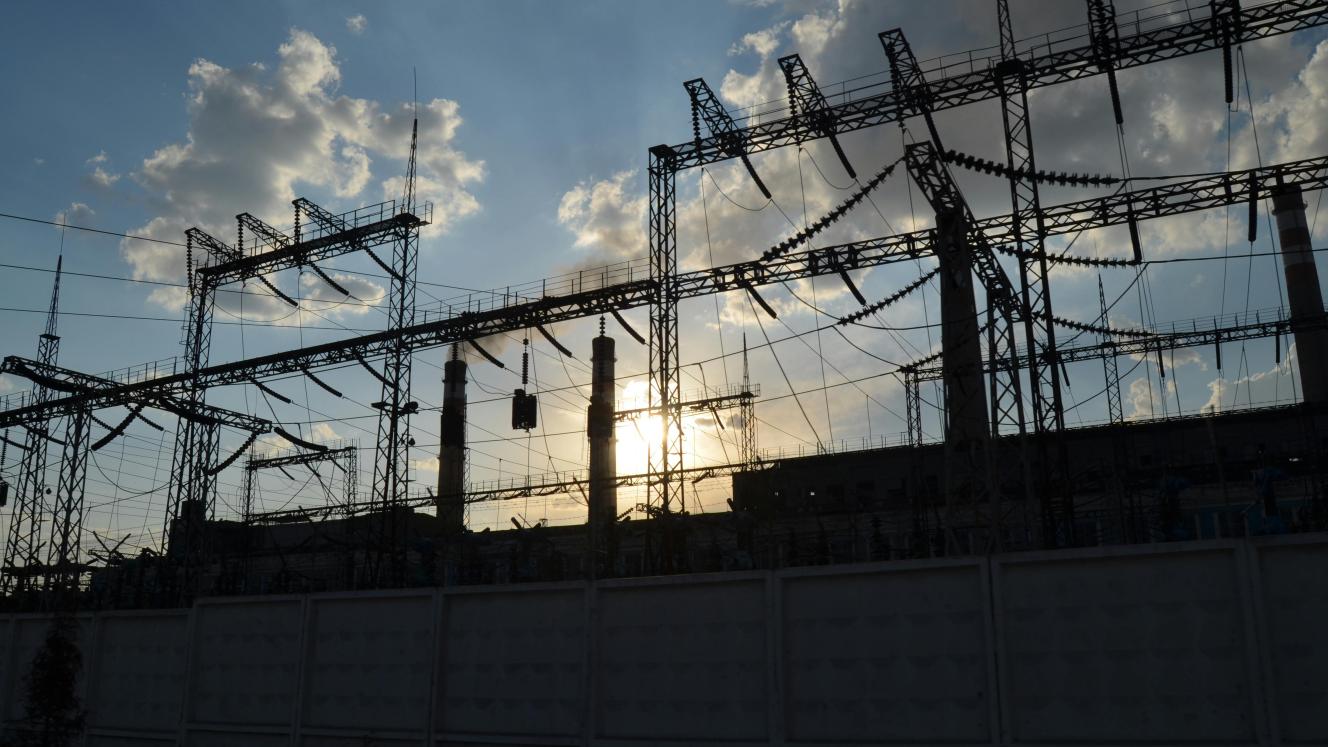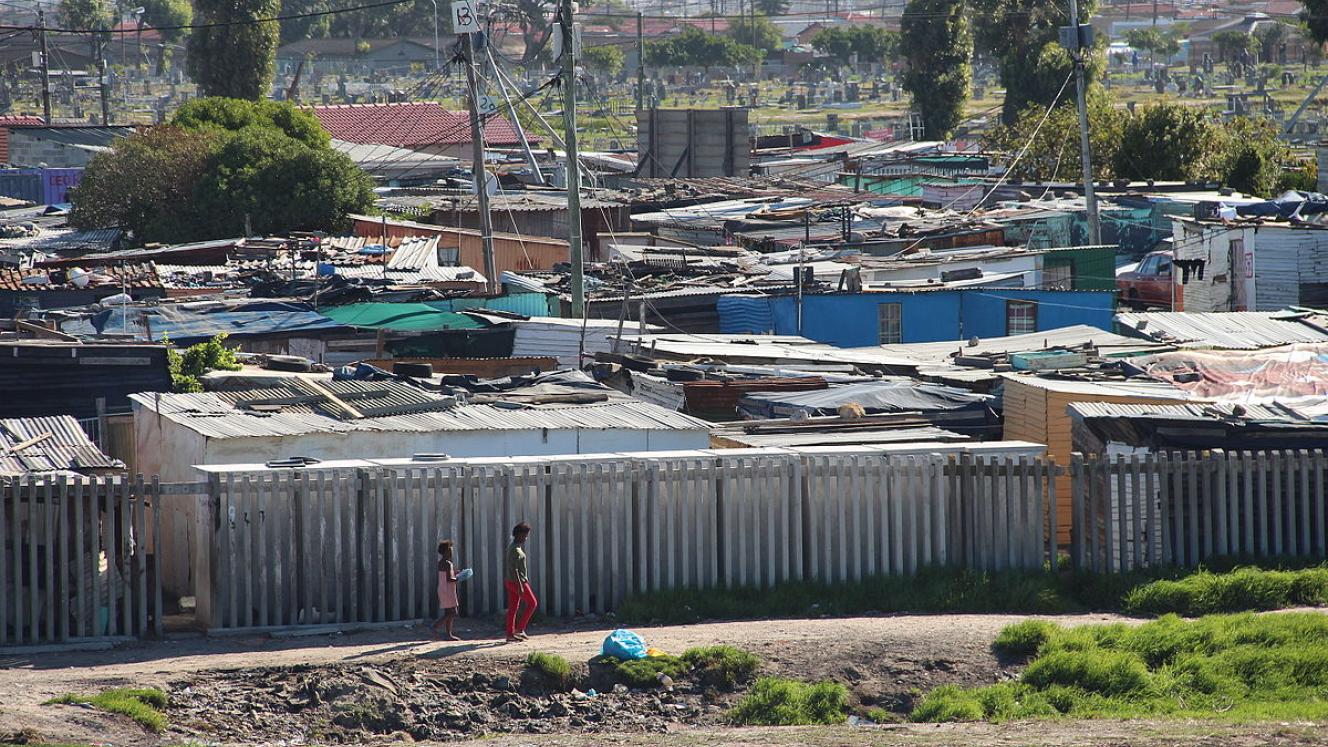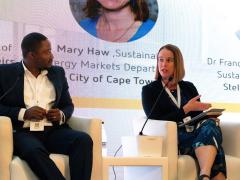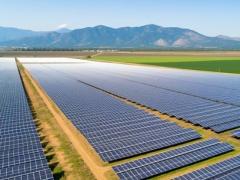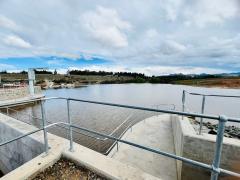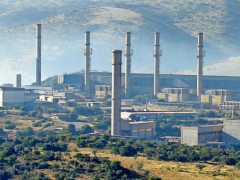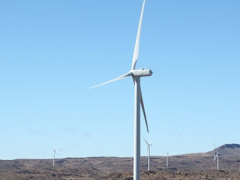South Africa’s current grid emission factor (GEF) methodology is becoming outdated amid rapid restructuring of the electricity market, experts warned during an EE Business Intelligence webinar on October 29. The Department of Forestry, Fisheries and the Environment confirmed that a review process is underway to modernise the framework.
The GEF measures the carbon intensity of grid-supplied electricity and underpins corporate emissions reporting and national climate policy. Chief Director of Climate Change Mitigation for the Department of Forestry, Fisheries and the Environment, Jongi Witi, said the department’s 2021 methodology did not anticipated the unbundling of Eskom, the rise of independent power producers (IPPs) and the separate trading of renewable energy certificates (RECs).
“Without a revised framework, South Africa risks inaccurate emissions reporting, regulatory gaps and potential reputational damage in our carbon markets,” Witi said.
He explained that the Department of Forestry, Fisheries and the Environment has launched a multi-phase process to update the GEF. The first phase, led by Meridian Economics, involves a scoping study to analyse international approaches to REC tracking and residual grid emission factors, followed by the design of an institutional system and legal framework to support accurate monitoring, reporting and verification.
Meridian Economics associate Brett Cohen said the shift from a single-supplier model to a liberalised market introduces complex accounting challenges.
“When electrons and RECs are traded separately, the risk of double counting and greenwashing increases unless there is a transparent national registry,” he said.
Emily Tyler, who leads Meridian’s climate practice, added that credible tracking systems are vital for maintaining the integrity of South Africa’s decarbonisation claims, especially as exporters face increasing scrutiny under the EU’s Carbon Border Adjustment Mechanism.
According to Witi, the re-modelled Department of Forestry, Fisheries and the Environment framework will require new legislation to mandate reporting and verification of environmental attributes by utilities, IPPs, municipalities and major electricity consumers. “A registry and clear accounting rules are essential to support market transparency and the country’s energy transition,” he said.
